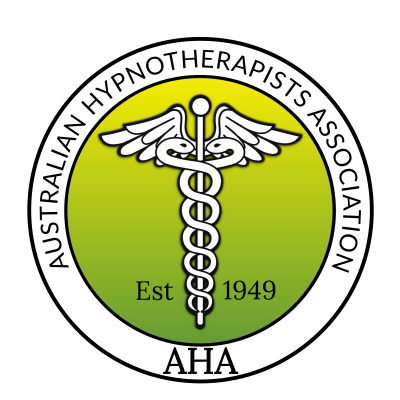Clinical Hypnotherapy
Clinical hypnotherapy is an effective technique to achieve a relaxed and focused state of consciousness which is similar to that experienced during meditation. It is a combination of hypnosis and psychological treatment administered by a trained professional such as a Clinical hypnotherapist for anxiety.
The practice of hypnosis for therapeutic purposes involves getting into a relaxed state of mind where your therapist communicates with the subconscious part of your brain and makes suggestions relevant to specific symptoms like pain, anxiety, or addiction.

Get in touch with me today to book clinical hypnotherapy

Think of hypnosis as a “connector” linking your subconscious mind to your conscious mind – otherwise referred to as being in a trance like state. By accessing deeply buried memories, experiences and repressed emotions, we can more efficiently identify the root cause of destructive behaviour/habits that may otherwise have taken weeks to uncover. For this reason, many medically trained and allied health professionals are relying on hypnotherapy to fast-track results with their clients.
FAQ’s
What is the difference between hypnotherapy and clinical hypnotherapy?
Clinical hypnotherapy is the use of hypnosis for the treatment and alleviation of a variety of physical and psychological symptoms. Hypnotherapy is clinical when it relates to the observation and treatment of actual clients rather than theoretical or laboratory studies.
Is clinical hypnotherapy legit?
Hypnosis is a genuine psychological process. Hypnotherapy is the evidence-based practice, with scientific evidence, for the clinical practice of hypnosis to treat a range of problems and symptoms, including anxiety, depression, acute pain, chronic pain, and other behavioural problems. It is recognised worldwide as being a valid and safe alternative treatment to conventional drug-based medicine. The more important question you should consider is whether the hypnotherapist is sufficiently skilled and experienced to help you with your needs.
How much does hypnotherapy cost in Australia?
There is no recommended fee and it can range from $50 to $300 per hour. You should check the fee structures of individual hypnotherapists. Generally, the more skilled or experienced the hypnotherapist the more likely they will set a higher fee.
It is worth noting that hypnotherapy in Australia is a self-regulated industry and hypnotherapists are not, by law, required to meet any specific standard of training.
If you are going to consult a hypnotherapist, it is in your best interest to make sure that the therapist you choose meets such standards. Therapists who are members of professional associations such as the Australian Hypnotherapists Association and the Australian Society of Clinical Hypnotherapists have agreed to abide by industry standards and the code of conduct of the association to which they belong. Choosing a therapist who is a member of a recognised professional association protects you as a consumer of health services.
What can clinical hypnotherapy help?
There is wide scientific evidence, showing that the clinical practice of hypnosis, when used by a skilled practitioner, can effectively treat a range of problems and symptoms, including anxiety, depression, acute pain, chronic pain, and other behavioural problems. Clinical hypnotherapy has been shown to be very effective in helping clients resolve conditions, such as PTSD or complex PTSD, that result from traumatic experiences.
Who is not suitable for hypnotherapy?
Hypnosis may not be appropriate for people with severe mental health issues, such as psychotic symptoms, including hallucinations and delusions. It is also not appropriate for someone who is under the effect of drugs or alcohol.
What is the success rate of hypnotherapy?
Clinical studies have indicated that hypnosis is effective for about 87 per cent of any given population. Research trials comparing psychoanalysis and hypnosis demonstrated that after 6 sessions of hypnotherapy, 93 per cent of participants had success. In comparison, the psychoanalysis group has a recovery rate of only 38 per cent.



